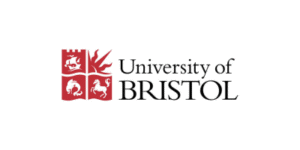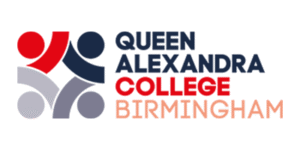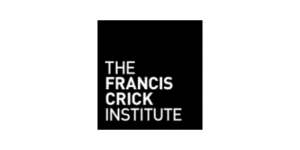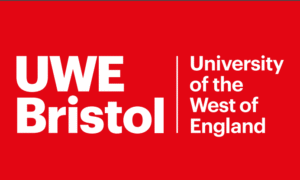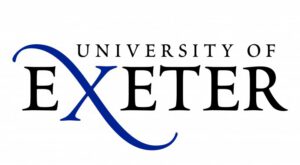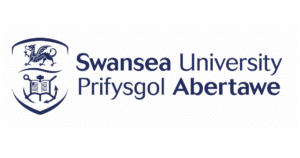Background
Goldney House and Gardens has Grade II listed status and has existed since 1652, with a significant rebuild in 1724. Located in the heart of Clifton Village, on Lower Clifton Hill, it is an iconic landmark gifted to the University in 1953. The main house is positioned within nine acres of grounds and gardens, including several unique historic features (Tower, Bastian, Grotto, Rotunda, Orangery and Ornamental Canal), which form part of the graded listing of the property, and a hall of residence for 263 students.
The House supports several activities: as office space for the Venue and Events Department; as staff residential accommodation; as meeting spaces; as a wedding & events venue. The House was greatly underutilised due to its deteriorating condition and suitability of facilities.
To future-proof the house and gardens, by protecting the heritage of the site and its assets, a robust and cost-effective plan was required. By developing this high-quality venue (including interior and exterior commercial activity) it would showcase the University of Bristol, where both academic and civic events would bring value reputationally, as well as through generating a surplus from revenues achieved.
Brief
To complete an analysis of options resulting in a feasibility study. The study identified the target operating model of Goldney House and Gardens, taking into consideration the long-term effect of the pandemic.
- Market analysis of comparable Bristol and Southwest event venues
- Analysis matrix of operating
- Recommendations for the strategic operating model
- Staffing structure
- Suggested marketing strategy
- Forecasted project costs Return on investment forecast
- Route to surplus generation
- Design considerations and recommendations (within Grade II status)
- Stakeholder engagement
Approach
We compiled a list of both internal and external stakeholders with the project team
- Agreed project program and timetable
- Built a framework/agenda for stakeholder discussions
- Provided regular communication and feedback to ensure that the needs of each end-user group were being addressed
- Once the resulting report and recommendations were complete, a presentation back alongside the business case owners, and all interested parties to ensure that everyone was fully on board with the business plan that we had built as a project team
The project was split into four distinct phases: Engagement > Research > Analysis > Reporting
Outcomes
Our client is currently finalising the request to Bristol University to support the renovation of Goldney House. The commercialisation and strategy paper that Litmus Leisure presented has played a key role in building the proposal to gain the funding required.


